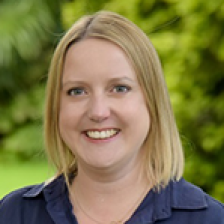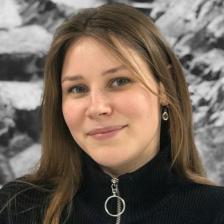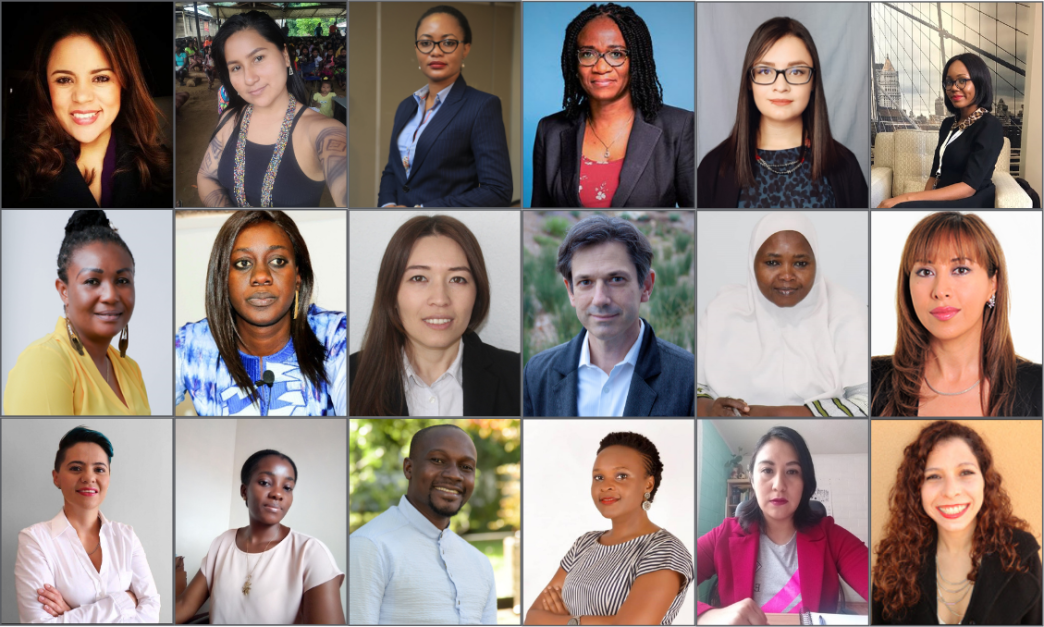
Celebrating Inspirational People Advancing Gender Equality in Extractives
And so we continue to deepen our understanding of the intersection of gender and resource governance. For this International Women’s Day, we asked inspiring colleagues, partners and training alumni about their own experiences, their perspectives on what’s needed to advance gender equality in extractives, what’s already working, and what excites them about the future.
Our gracious respondents were:
- Solange Bella Alima, FODER, Cameroon
- Alba Quintana Áchito, Akubadaura, Colombia
- Abiodun Baiyewu, Global Rights Nigeria
- Racheal Chagonja, HakiRasilimali, Publish What You Pay (PWYP) Tanzania
- Nafi Chinery, NRGI
- Mando Chiundaponde, Oxfam in Southern Africa
- Aida Diop, Women in Mining Senegal
- Elizabeth Echavarria, Solidaridad Network
- Ousseini Fati Halidou, Association des Femmes du Secteur des Industries Extractives du Niger
- Patrick Heller, NRGI
- Nazik Imanbekova, PWYP Kyrgyzstan
- Hanen Keskes, NRGI
- Carole Nakhle, Crystol Energy
- Winfred Ngabiirwe, Global Rights Alert, Uganda
- Beatriz Olivera, Grupo Regional de Género y Extractivas
- Alicia Ojeda, FUNDAR, México
- Yessica Prieto, Nacional de Proyectos e Investigaciones de Crudo Transparente, Colombia
- Sarita Ruiz Morato, NRGI
- Demba Seydi, PWYP
What is it like to work as a woman in the extractives sector, either more broadly or in leadership roles? What has been something that you’ve seen or experienced that has played a role in advancing more women in leadership roles?
Chinery: “When l find myself one of the few women in critical decision spaces, l realize my responsibility to represent all women. […] l am inspired by the quality of women’s leadership in the sectors and l am hopeful that this would influence decisions and actions to get many others into the sector and in leadership.”
Chagonja: “Working as a woman in the extractive sector is about amplifying the voices of communities that have not been given the opportunities to speak out and to engage with decision-makers, so that they can influence change. I feel a responsibility to speak out, so that the government takes action.”
Fati Halidou: “You have to value your ability and have confidence in yourself. I set clear rules and principles for myself to achieve my goals. In leadership roles, when women are in key positions, they excel and are as competent as they are honest. Being a woman in the extractive sector is not more difficult than elsewhere, you just have to take the plunge, assert yourself and seize the many opportunities offered.”
Nakhle: “In almost every industry, energy especially, brawn has been replaced by brain. That means what matters is whether someone is sharp, skilled and clear thinking enough, or narrow, incompetent, and intellectually weak, not whether they are a man or woman!”
How is your organization breaking biases to advance gender equality? How have you challenged and faced bias?
Ruiz: “NRGI is a very diverse organization committed to advancing the agenda around gender. I am challenging the narratives around exclusion and the actions that purposefully reduce the power of women. I am committed to supporting efforts that bring gender inclusion, equity, and diversity to develop our personal and work perspectives.”
Ngabiirwe: “We have simple but powerful rituals whether at the office or in communities that reinforce messages (and actions) on equality. These rituals/practices show full support and belief in the abilities of both women and men. We also have a gender and inclusiveness test that each activity implementation must meet.”
Ojeda: “At Fundar, we seek to transform the social norms that perpetuate inequalities, for example through hegemonic narratives that minimize women’s role in their land and for their defense. We recognize that progress can be made through the fight for the environment and the defense of land, recognizing that there are particular types of violence experienced by women who lead these struggles.”
Diop: “Women In Mining Senegal was founded, among other reasons, because of our members' personal experience of the difficult conditions and gender inequalities. This is what drives our efforts to improve women’s working conditions in the extractive sector. WIM Senegal is working on breaking down social beliefs, especially regarding the employment of women in the sector. In this context, we develop programs that promote role models to show that women can succeed in this sector and inspire the next generation.”
Baiyewu: “At Global Rights, we are changing the dynamics in the room. We are bringing more women to leadership tables in extractives dialogues and amplifying their voices until it is normal for them to lead and be heard.”
Seydi: “PWYP members’ commitment and determination to foster feminist natural resource governance have overcome some culturally based barriers to gender equality in the extractive sector.”
Imanbekova: “Through our work to remove the government's decree on prohibited professions for women in several industries, including mining, we encountered many stigmas: traditional, health-related, capacity-related, and economic-related. For instance, the majority of people in Kyrgyzstan, particularly women, think that some professions in the mining sector are simply not for women because women are future mothers and they have to look after themselves. Through our information campaign (articles in newspapers, video clips, TV shows, and online games), we worked hard to counter that stigma."
Chagonja: “Previously most of the data generated in the extractive sector was about gender-based violence. But we forgot to extend the dialogue to what women are losing out on from extractives. At PWYP Tanzania, our approach was to expand our research to create a platform to further advance advocacy around women and extractives.”
Bella Alima: “FODER systematically incorporates gender mainstreaming into our approaches and strategies for action. Working as a woman in the extractive sector is about promoting equality power dynamics between women and men, ensuring that the specificities related to gender are taken into account in the management of natural resources, and encouraging representation of minority women in all local and national spaces that matter.”
Quintana Áchito: “We are working to strengthen leadership schools and access to justice for indigenous women to achieve equality and justice.”
How can more progress be made in advancing gender equality? What excites you when you look to the future?
Keskes: “Gender sensitivity is not just a section to fill out in a funding proposal. We have a responsibility to shift development practices by centering the voices and aspirations of women and vulnerable communities.”
Diop: “Today, it is essential for women working in this sector, directly or indirectly, to benefit from the gains made in terms of legislation so that they can promote them among stakeholders and decision-makers. Consequently, they can develop tools for advocacy, evaluation of public policies and accountability, such as the Senegal WIM Index, with innovative approaches and inclusive strategies for mobilizing stakeholders.”
Heller: “I am constantly inspired by the amazing women leaders at NRGI and across the extractive industries sustainability movement, we are building a strong approach to building a brighter future.”
Olivera: “I am excited to see that demands for women's rights are gaining momentum across Latin America; in particular, the voices of indigenous and rural women are gaining strength.”
Chiundaponde: “For me, this means taking deliberate action to inform, share knowledge, consult and learn from women, allowing them meaningful participation in decision-making and dialogue. This is what it takes to make the sector truly inclusive.”
Quintana Áchito: “I imagine a future in which women will be major authorities in territories, spokespersons for political and organizational projects, and also in the family environment. “
Fati Halidou: “The extractive sector is a sector of the future in which Nigerien women must take an interest by overcoming the prejudices that have long kept them out of this sector.”
Echavarria: “In my line of work, I have had the chance to meet powerful women miners who produce important proportions of key minerals. We should continue promoting their participation in inclusive markets so they can lead the way toward responsible production and widespread wellbeing.”
Prieto: “I am excited to know that the industry is opening up to social debates, questioning its hegemonic positions on gender equity and leadership roles headed by diverse people.”
Ruiz: “One of the most important exercises that we are doing as a global team is to create a shared understanding of gender that includes cultural perspectives. In this space, I feel fortunate to be a woman, to recognize the power that we have, and the courage of other women fighting for us and our future.”
The views shared are those of the respondents and do not necessarily reflect those of NRGI.
To learn more about gender and extractives, visit NRGI’s Gender page.
Alexandra Malmqvist is senior communications officer at the Natural Resource Governance Institute. Alice Perepyolkina is communications associate at NRGI.
Authors

Alexandra Malmqvist
Senior Communications Officer

Alice Perepyolkina
Communications Associate
